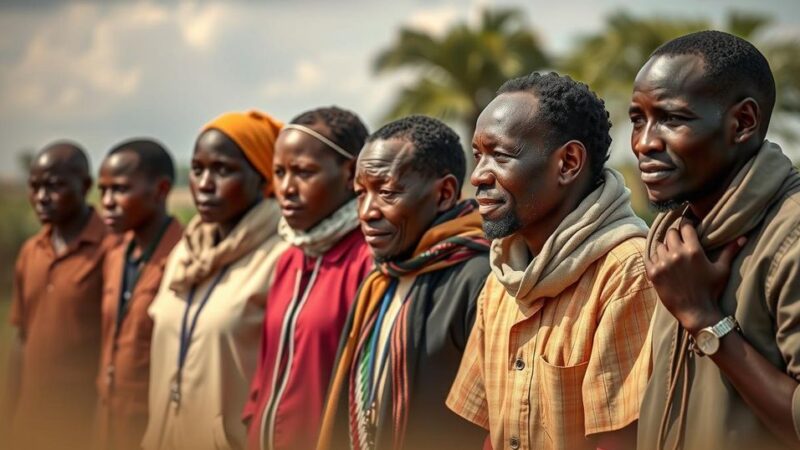Recent scholarly works in the Netherlands address the historical violence and atrocities committed during the 1945-1949 Indonesian war of independence. Scholars like Rémy Limpach highlight systemic military brutality, while authors such as Alfred Birney provide poignant personal narratives reflecting on the psychological impacts of colonialism. These contributions represent a significant shift in the assessment of Dutch colonial history and prompt a contemporary reckoning with its implications for Dutch society today.
In the Netherlands, reflections on the 1945-1949 Indonesian war of independence have emerged prominently through the works of contemporary scholars and authors, as societal perspectives shift away from a previously established imperial narrative. This critical examination, significantly spurred by Indonesia-led legal actions in 2011 demanding accountability for Dutch military crimes, has led to official apologies and discussions surrounding reparations from the Dutch government. A research initiative funded by the government has illuminated the grim realities of wartime atrocities, revealing a stark contrast in perceptions regarding Dutch military conduct during this period.
Rémy Limpach’s meticulous research, which surpasses prior studies such as Gert Oostindie’s “Soldaat in Indonesië,” argues convincingly that acts of extreme violence, including acts classified as war crimes, constituted a systemic aspect of Dutch military operations, signifying an unsettling understanding of the past. Limpach’s use of the term “mass violence” offers a thorough analysis of the historical context, detailing instances of violence perpetrated by Dutch forces during key periods of conflict, especially during the Bersiap period.
Conversely, Alfred Birney’s novel “De Tolk van Java” presents a raw, emotional narrative reflecting the trauma associated with the experiences of individuals during and after the Indonesian conflict. Centered on the complexities of identity intertwined with colonial history, Birney’s account intricately connects the past with contemporary reflections within the Netherlands, highlighting the lingering impacts of colonialism on personal and national identity. His work, although fictionalized, delves deeply into the psychological consequences of the colonial experience, particularly for individuals of mixed heritage.
Together, Limpach’s comprehensive historical analysis and Birney’s poignant narrative illuminate the often-suppressed aspects of Dutch colonial history, facilitating a broader discourse on reconciliation with a difficult past and its implications for contemporary Dutch society. These works represent significant contributions to the ongoing exploration of historical memory, accountability, and identity in the context of post-imperial reflection.
The context surrounding the Netherlands’ examination of its colonial past, particularly with reference to Indonesia, stems from decades-long discussions regarding accountability for war crimes during the Indonesian struggle for independence. Mass atrocities committed by Dutch forces during this tumultuous period have historically been neglected or euphemized in national discourse. The challenges posed by language barriers have hindered international engagement with these topics, sparking a contemporary resurgence of academic and literary interest aimed at addressing historical injustices and narratives.
The works of Rémy Limpach and Alfred Birney collectively unravel the intricate and often painful legacy of Dutch colonialism in Indonesia. Limpach’s research sheds light on systematic violence during the Indonesian war of independence, while Birney’s novel personalizes the trauma and lasting impacts of this history on individuals and their descendants. Together, they foster an essential dialogue about historical reconciliation, identity, and the ongoing implications of colonial legacies in contemporary society. Their efforts signify a crucial step in confronting uncomfortable truths and facilitating an informed understanding of the past.
Original Source: www.insideindonesia.org







